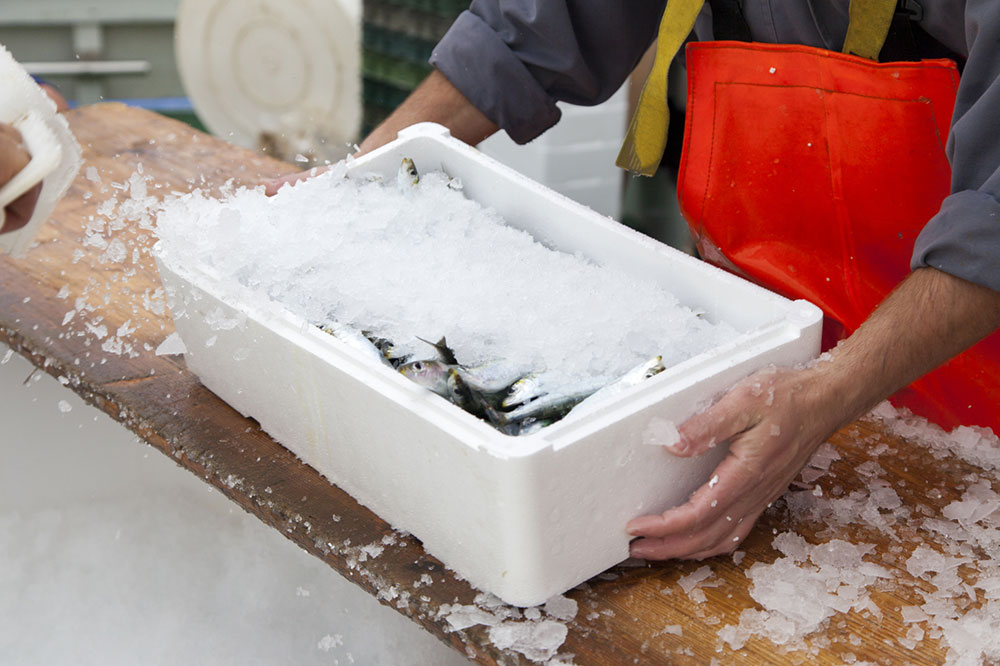
Refrigerating And Storing Food The Right Way In Restaurants
Everyone in the restaurant business knows that food is the number 1 priority of the place. Factors like decor and service come secondary. Food safety, thus, is of utmost importance. In order to maintain safety standards and abide by all the laws of food hygiene and storage, the commercial kitchens and storerooms need to be spotlessly clean. The most important part of food safety is food storage and it is the responsibility of the restaurant owners and managers to make sure that the kitchen staff are fully trained and well versed in all aspects of it. Every staff member at the restaurant needs to know where to store different types of food, what temperature to store it at, and how to keep storage areas clean and free from bacteria. The following storage tips need to be practiced to ensure the quality of refrigerated food and safety of its consumers:
- Stock rotation: The ‘First in, First out’ rule is very important in any kitchen; be it at home or a commercial outlet. All the members of the staff in the restaurant need to know this rule and putting it into practice will ensure that your food is stored and used properly. This is a great way to ensure that nothing goes out of date and it will also prevent the wastage of food.
- Labeling of food: Managers at the restaurant need to make sure that every food item being stocked at the restaurant should be labeled with a ‘use by’ date before it is stored in its appropriate place. This system of labeling the food that comes into the restaurant is excellent as it lets everyone else working there know what food items need to be used first and also that the correct food and safety procedures are being followed for freshness and quality.
- Storing food in airtight containers: Certain foods start to spoil when in contact with air for a long time; hence it is crucial to store them in airtight containers before they can be kept in the refrigerator. This also ensures a dramatic rise in the shelf life of the food items. Airtight containers are a great way to keep out the bacteria and other germs from contaminating the food.
- Storing meat at low temperatures: Meat always needs to be stored at the bottom of the refrigerator, as this will keep its juices from dripping onto other food items and causing food contamination. The temperature of the refrigerator that you are storing the meat needs to be kept low even if you are storing your meat products in airtight containers in order to avoid cross-contamination of food.
- Temperature control: Staff members responsible for storing food at restaurants should be made aware of safety rules and storage tips for refrigerating food. The refrigerator’s temperature should be below or at 40 degrees F and the temperature of the freezer should be 0 degrees F.
- Declutter storage spaces: If you overstuff your refrigerator or freezer, you can be certain that they will not work to the best of their ability and the chances of food getting spoilt will increase.


